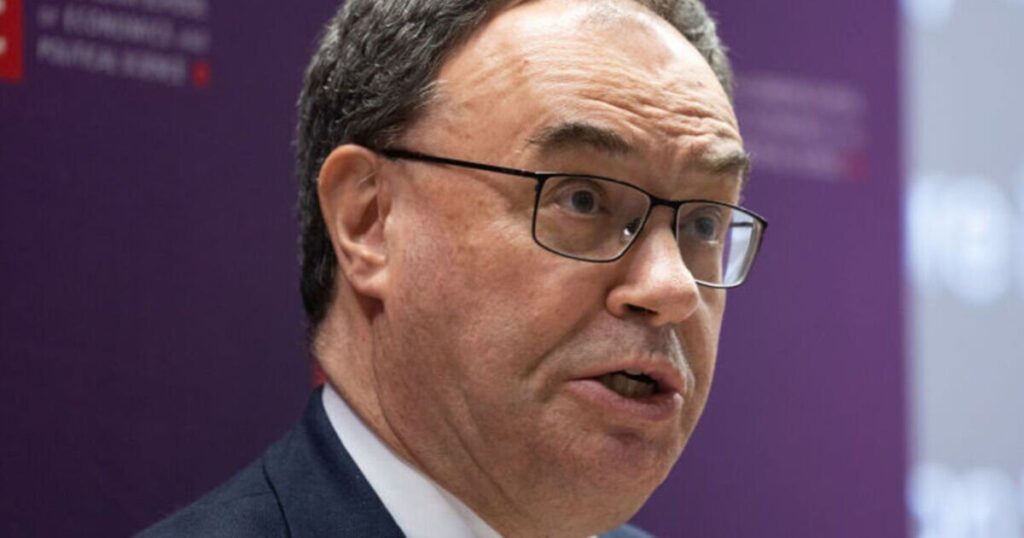
Higher interest rates have had a less direct impact on consumer spending than the wider cost-of-living crisis, says Consumer Markets Director at PwC UK, Kien Tan.
Mr Tan said: « Compared with similarly high interest rates in the mid-2000s, more British households are now owner-occupiers, with fewer than 30 percent in England and Wales having mortgages. PwC’s consumer sentiment survey highlights increased disposable income and financial security amongst retired and more affluent people, many of whom benefited from accumulating ‘Covid savings’ – leading to resilient spending patterns on items like holidays. »
Consequently, Mr Tan noted that lower interest rates are « unlikely » to stimulate increased consumer confidence or spending as much as they might have done in the past.
He continued: « Households who are yet to come off legacy lower fixed-rate mortgages will see a decrease in disposable income when remortgaging, with interest rates unlikely to return to previous lows.
« However, retailers are optimistic that lower borrowing costs could invigorate the housing market, thereby driving spending on significant home purchases such as furniture, appliances and DIY products, which have experienced subdued demand post-pandemic. »
« A key group of low interest rate beneficiaries will be retail and hospitality businesses with Covid-era loans, which helped them weather enforced closures during national lockdowns.
« While these are underwritten by the Government, higher interest rates have proven to be a millstone around the neck of many businesses, who will welcome the breathing space that lower interest rates afford.”
